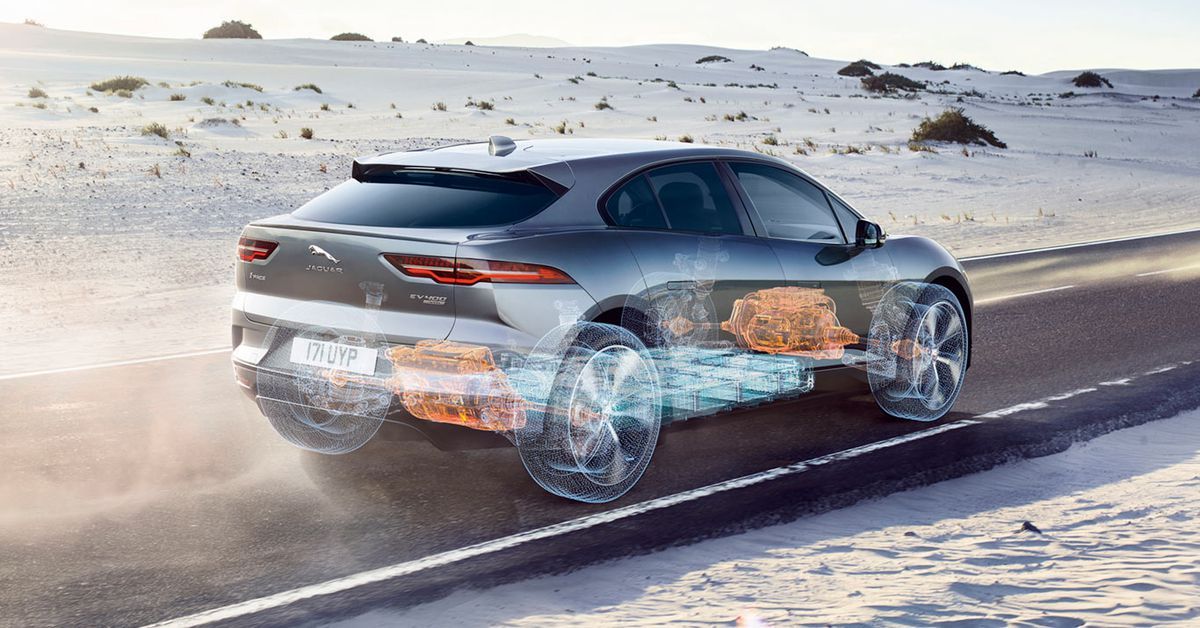Cut through the tantalizing visions of cars with wallets trading with each other, and you’ll find debates taking shape over nitty-gritty details.


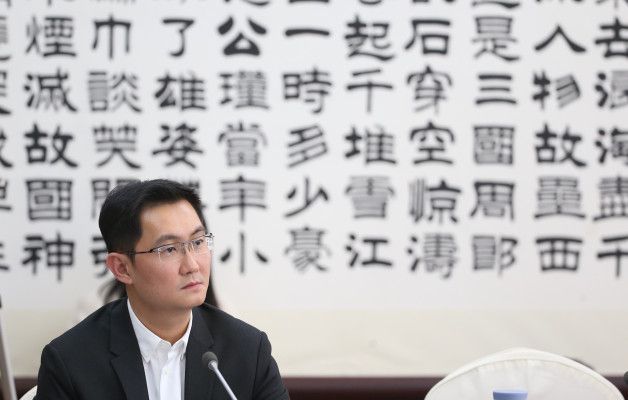
The evidence is increasingly clear: 2018 is the year of the Chinese venture deal.
With half of the year now complete, China is driving ahead of Silicon Valley and the rest of the United States on venture capital dollars invested into startups, according to a number of data sources including Crunchbase, China Money Network, and Pitchbook.
These sorts of top line numbers are always driven by large deals, and the Chinese VC market is no exception. Monster rounds this year have included a $1.9 billion investment from Softbank Vision Fund into Manbang Group, a truck hailing startup formed from the merger of two competitors, Yumanman and Huochebang, as well as Ant Financial, which raised a whopping $14 billion from investors.
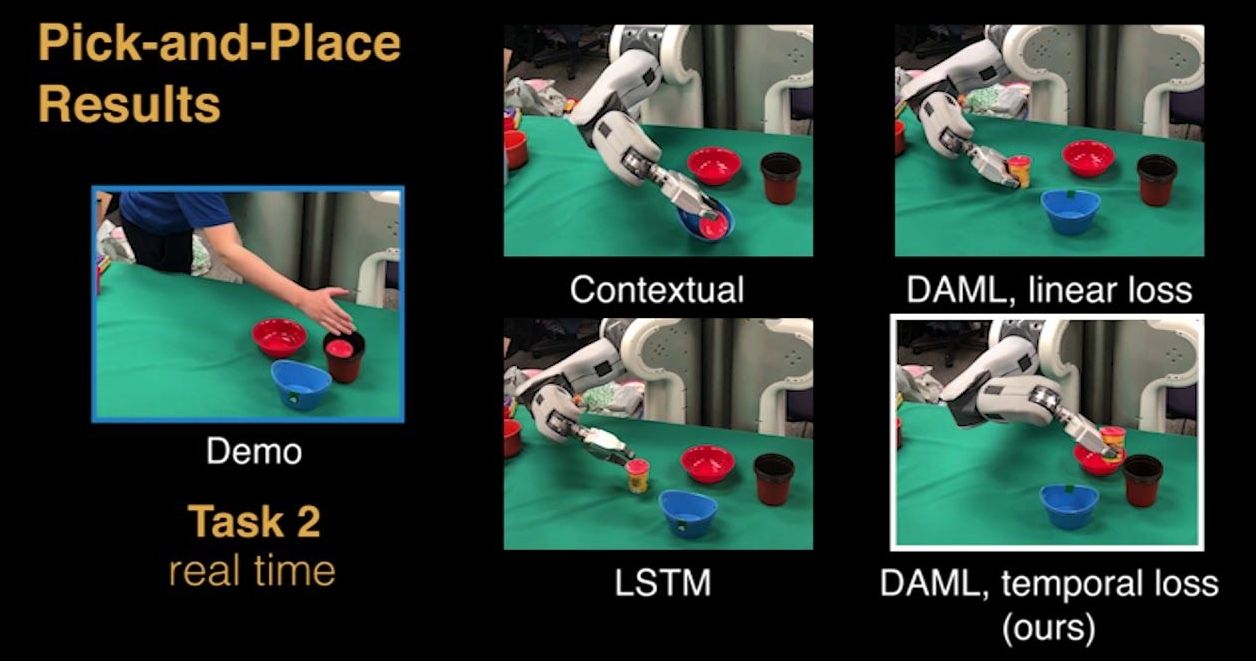
A team of researchers at UC Berkeley has found a way to get a robot to mimic an activity it sees on a video screen just a single time. In a paper they have uploaded to the arXiv preprint server, the team describes the approach they used and how it works.
Robots that learn to do things simply by watching a human carry out an action a single time would be capable of learning many more new actions much more quickly than is now possible. Scientists have been working hard to figure out how to make it happen.
Historically though, robots have been programmed to perform actions like picking up an object by via code that expressly lays out what needs to be done and how. That is how most robots that do things like assemble cars in a factory work. Such robots must still undergo a training process by which they are led through procedures multiple times until they are able to do them without making mistakes. More recently, robots have been programmed to learn purely through observation—much like humans and other animals do. But such imitative learning typically requires thousands of observations. In this new effort, the researchers describe a technique they have developed that allows a robot to perform a desired action by watching a human being do it just a single time.

German automaker Daimler is the 1st foreign company licensed to test its autonomous vehicles in Beijing.
July 6 (UPI) — German automaker Daimler is the first foreign company licensed to test its autonomous vehicles in Beijing, the company announced on Friday.
With the certification, the maker of Mercedes-Benz vehicles can begin road tests of self-driving cars in Beijing, “a metropolis with unique and complex urban traffic situations,” a company statement said.
Daimler has similar licenses in Germany and the United States and has had a research facility in China since 2005.

After living through a car accident, I think this raises excellent awareness!
Exhibits at the Liberty Science Center in Jersey City usually produce awe and wonder. A new interactive exhibit at LSC, however, gives the participant a grim and horrific look at the results of distracted driving. The AT&T 2018 It Can Wait Tour, a 3D virtual reality exhibit, will be at the science center from Friday, July 6 to through Tuesday, July 10, from 10 a.m. to 5:30 p.m. each day. The exhibit uses virtual reality technology to simulate the potentially deadly consequences of using a phone while driving. The exhibit also features a memorial wall, a wall of keys representing lives lost and a wall made to look like crushed car parts. The Liberty Science Center is located at 222 Jersey City Boulevard.
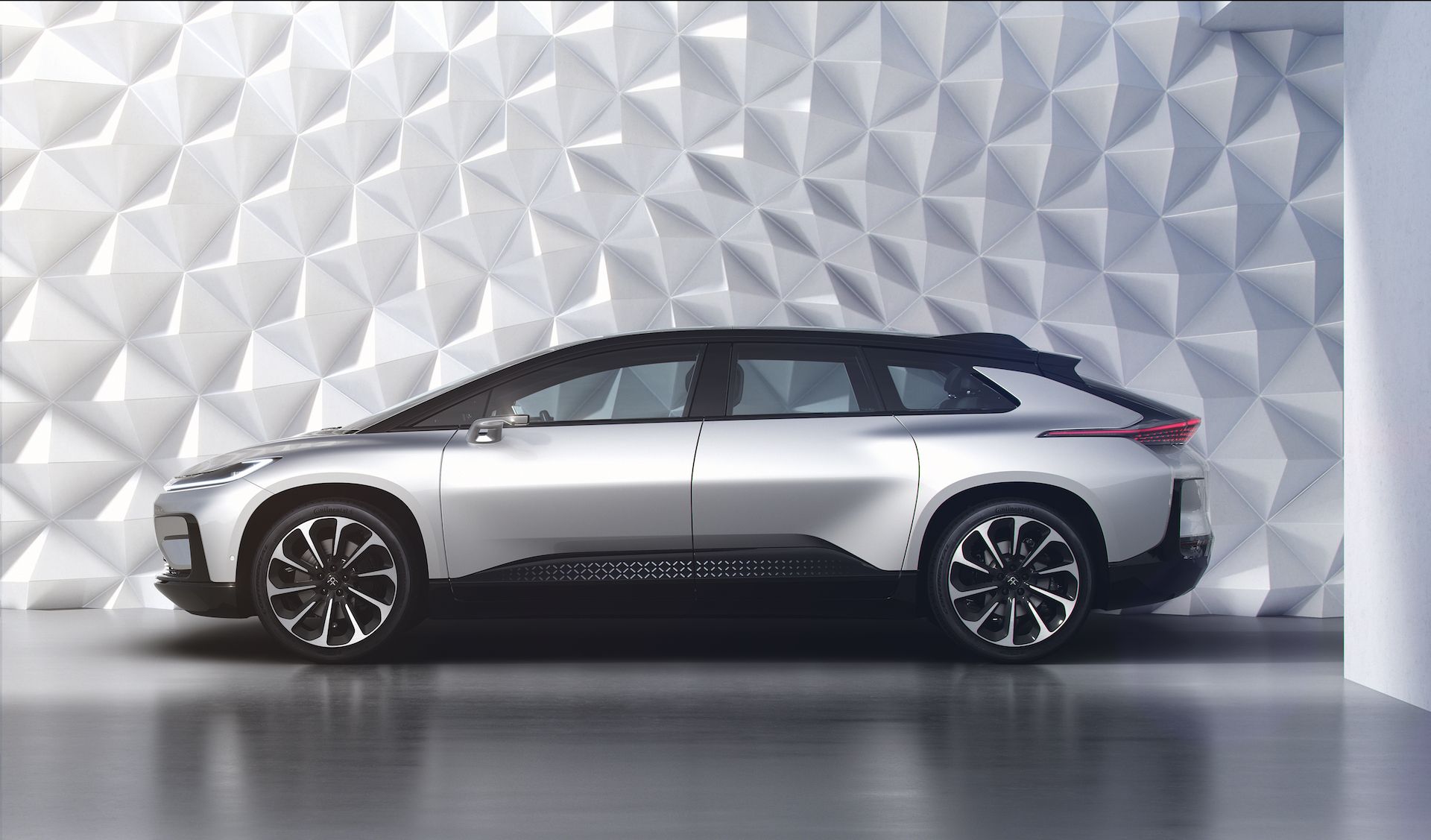
Faraday Future, the fledgling Tesla competitor working to build a $300,000 electric SUV, has been thrown a financial lifeline.
Evergrande Health, a division of a large Hong Kong conglomerate, has committed to invest $2 billion to keep alive the all-electric luxury SUV project, according to a report in TechCrunch.
Faraday Future showed off its ultra-futuristic—and ultra expensive—FF91 electric SUV at the 2017 CES show, but has struggled to bring the car to market.
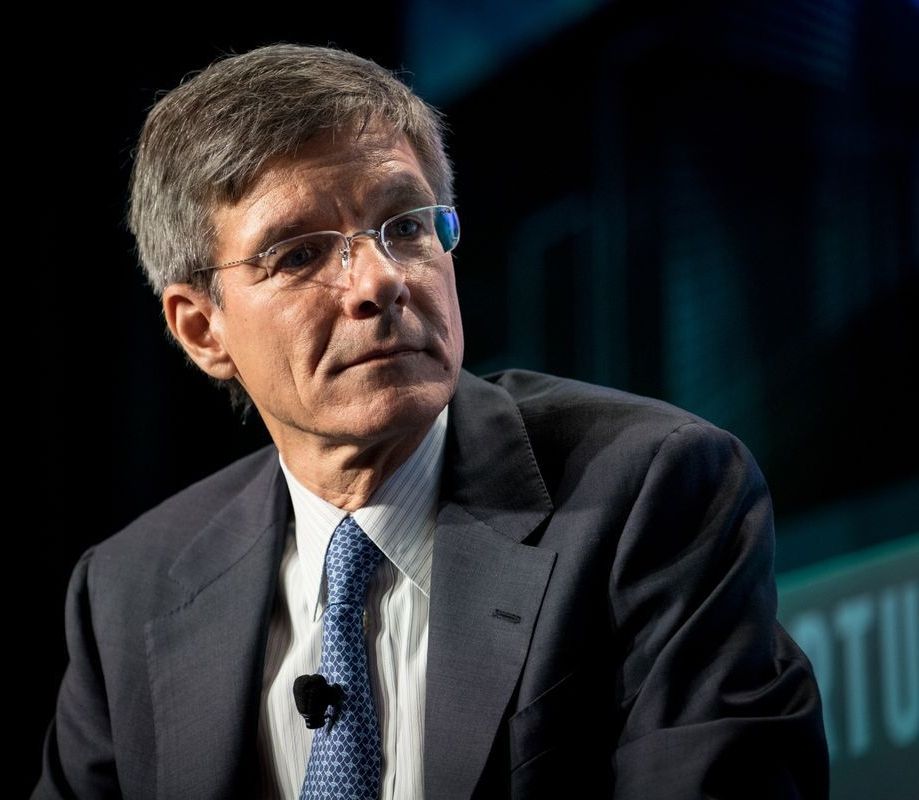
Much Worse than that. And, thankfully, They are too foolish and greedy to stop.
Artificial intelligence is coming for the service economy, according to Allstate Corp. Chief Executive Officer Tom Wilson.
“It’s going to rip through this economy like a tsunami,” Wilson said Thursday in an interview on Bloomberg TV from Aspen, Colorado.
Automation will affect a wide swath of workers, from traders to taxi drivers. McKinsey & Co. estimates that more than 400 million people worldwide could be looking for work by 2030 because technology took their jobs.
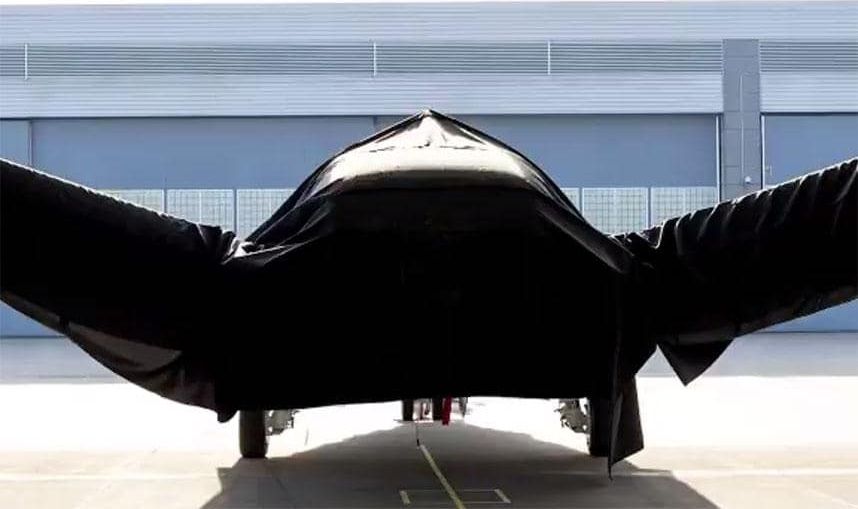
B oeing, one of the world’s biggest aircraft manufacturers, is poised to unveil a “robust” new plane that will be “changing the future of air power”, the company claims.
The secret aircraft has a ‘Batmobile’ style, according to a teaser video posted on Twitter of the plane by Phantom Works, Boeing’s advanced design division, which has focussed on several highly classified projects.
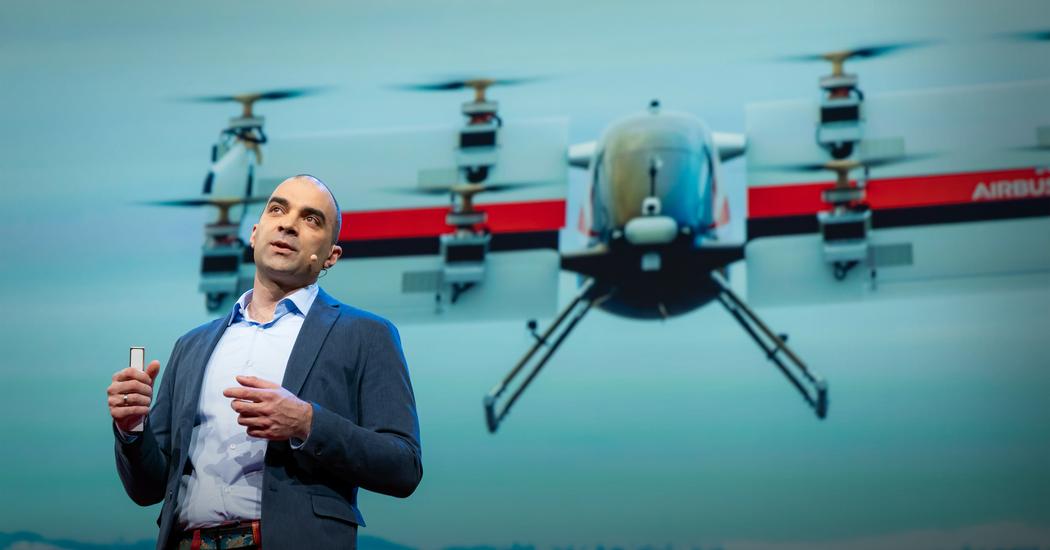
Flight is about to get a lot more personal, says aviation entrepreneur Rodin Lyasoff. In this visionary talk, he imagines a new golden age of air travel in which small, autonomous air taxis allow us to bypass traffic jams and fundamentally transform how we get around our cities and towns. “In the past century, flight connected our planet,” Lyasoff says. “In the next, it will reconnect our local communities.”
This talk was presented at an official TED conference, and was featured by our editors on the home page.
